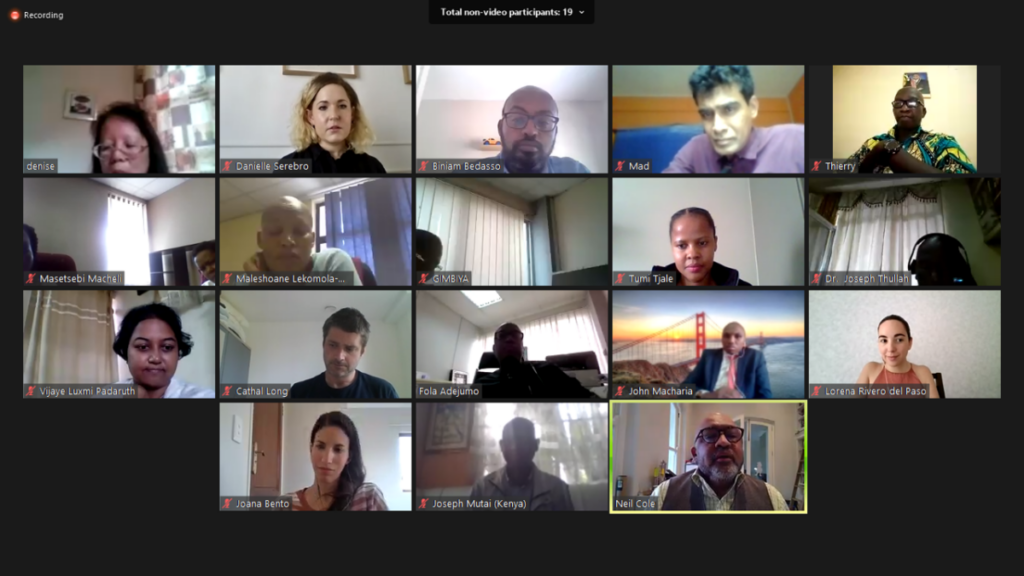Functional PFM systems depend critically on accurate and timely information sharing, which facilitate informed decision-making, smooth budget execution, integrated service delivery, and mitigate against wasteful expenditure. Over the past three decades, provision of information within the public sector has been revolutionised by information and communication technology, particularly, Financial Management Information Systems (FMIS). FMISs, “automated solutions that enable governments to plan, execute and monitor the budget, by assisting in the prioritisation, execution and reporting of expenditures… and revenues” (Dener, Watkins, and Dorotinsky 2011) [1], now form an integral part of public financial management.
Despite the introduction of FMIS across African countries and huge sums of money [2] spent on IT-related reforms since the 1980s, information imperfections and inefficiencies persist throughout government agencies. Recognising these challenges, CABRI’s policy dialogue, a collection of webinars, online peer-learning events, case studies and two in-person peer-exchange events will provide a platform for practitioners to share and learn from first-hand experiences of officials in other ministries of finance who have conceptualised, implemented and used these systems.
Following a successful webinar on Financial management information systems: Balancing flexibility and accountability during a crisis on 2 July 2020, we held an online peer-learning and exchange event: Back-to-basics: capabilities for effective design and utilisation of information systems. This event provided a platform for countries to critically reflect on the capabilities, particularly data capabilities, critical for both design and use of FMIS.

After presenting the key findings of a case study focused on Guinea, Ghana and CAR, Sheila Thippe (Director: Public Finance Statistics, National Treasury of South Africa) shared how intermediate users interact with information systems and links between maintaining the integrity of public finance statistics, a secure and accessible data platform, standardised and defined classification systems and capable and adaptable personnel that can keep the systems running. Afolabi Olunmi Adejumo (Technical Advisor, Budget Office of the Federation, Nigeria) shared some of the challenges end-users (i.e. decision-makers and policy analysts) face in the way information is provided from the system. These presentations provided data capturers and system developers greater insight into how information can be presented and classified for optimal decision making.
For the latter half of the session, delegates were divided into breakaway sessions depending on the way they interact with data and how they use information systems. During these breakaway sessions, delegates identified capability gaps among relevant user groups and shared innovative or effective country-level approaches to building capacity and strengthening support to users. Examples of this include YouTube tutorials, professional PFM certification programmes, helpdesks, online PFM information portals, and chatbots (a virtual conversational assistant that uses artificial intelligence techniques to respond to questions in ways that creates the impression of speaking with a real human being).
This online exchange will be followed by another on extending the institutional coverage of information systems in PFM and two in-person exchanges in 2021.
[1] Dener, C., Watkins, J. and Dorotinsky. W. 2011. Financial Management Information Systems: 25 Years of World Bank Experience of What Works and What Doesn’t. Washington, DC: World Bank.
[2] It is estimated that 5.952 billion USD has been spent on FMIS projects and nearly 2.379 billion USD on FMIS-related Information and Communication Technology (ICT) solutions (World Bank, 2019)